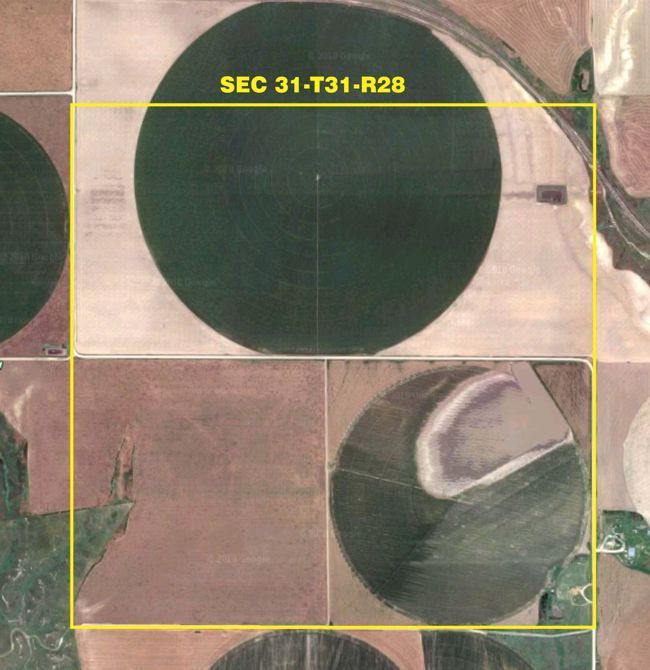Carthage
The Town of Carthage
"The City on a Hill"
The Carthage Post office was established January 13, 1885, and operated until April 26, 1887, with Deloss Atchison as postmaster.
By April of 1885, Carthage was established by the Carthage Town Company on the east half of Section 31, Township 31, Range 28. This is about the time that Meade Center came into existence. Carthage exhibited great signs of prosperity for a while, attaining a population of around four hundred, and was a very aggressive candidate for the location of the county seat. Carthage was called the “city on a hill” and in talking to Steve Norsworthy, the current owner of that land he said, “That’s where I got the name ‘Meade View’ for my business… it's higher ground, giving you a perfect view of Meade from there.”
As soon as the county seat question was settled adversely to the interest of Carthage, it quickly disintegrated; many of the buildings were moved to Meade, some to other towns, some to farms, and soon there was nothing left of Carthage but a memory. In the "county seat war," Meade received 486 votes, Fowler 231, and Carthage 188.
The town company was comprised of I.K. Myers, president, I.N. King, secretary, with the following directors. A.W. Sherman, Joseph Waggoner and H.W. Andrews. Carthage lots were priced at $75 to $150 for business lots and $20 to $50 for residence. This might have been a small deterrence to settlement of Carthage, because most townsites would give a person or business a lot if they agreed to build.
A newspaper was established in Carthage. The Carthage Times flourished from June 1885, to January 1886, according to Pioneer Stories of Meade County. Unfortunately, we do not have copies of this publication… oh what tales it could tell.
A water well was also dug with the depth between 136 and 137 feet, but the town disappeared so quickly a "water works" was never established there.
A description of Carthage was written by the editor of the Fowler Graphic and appeared in that paper July 16, 1885. "On Sunday we made our first visit to the 'city on the hill.' We found a quiet pretty place with buildings neatly painted and the whole presenting a very tasty appearance. Of course there was not the bustle nor stir that you see at Fowler or Meade Center but we must acknowledge that we found something better than we were looking for, in the way of a town. The famous lake was there with the pleasure boat slumbering upon its peaceful bosom. We visited the well of disputed depth and drank of its waters, but as there was no wind at the time, we were not very thirsty."
If you go online and look at section 31 in satellite view you can see the “lake” to this day. Steve says that they farm it, but sometimes it floods out, so it was just a natural playa lake in 1885, a time when rains were plentiful in this area. By the 1990’s a drought came and everything dried up… but by that time Carthage was a distant memory.
On November 28, 1885, the Meade County Globe described Carthage as such: "Seven buildings were moved this week from Carthage to Mertilla. Thus do summer roses fade." It looks like by the first of the next year the newspaper had folded and buildings and homes were moving away. All that remained was the Post Office which lasted another year.

This is an aerial view of section 31...the playa lake can easily be seen in the SE quarter. Steve Northsworthy, owner of the land, thinks the town was on the west edge of this quarter section because of debris they have run across over the years of farming this quarter.Keep in mind the roads would not have been there in 1885.
On our page.. A Road to Freedom... H. R. Walmsley wrote in 1914, about passing through Meade County and finding all the changes from the "old days." This is what he wrote about Cartage:
"All along the hike through western Kansas and No Man's Land we passed site after site of vanished cities. Carthage, that former paradise of gamblers and cattlemen, was so completely destroyed that the ghost of Marius could not have found any ruins on which to rest his spirit bones, nor could the senator of "Deienda est Carthage" fame complain at any imperfections in the job."
